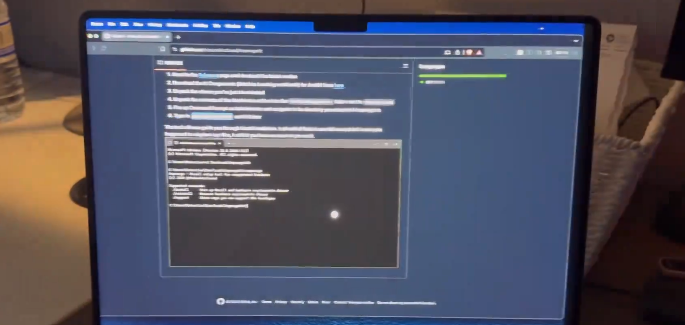We all suspected there would be problems, as there always are. Microsoft’s Recall is no different. It looks to be one of the biggest disasters for security ever. So say some experts.
Microsoft recently introduced Windows Recall, a key feature of its Copilot artificial intelligence tool, at its Build event. However, just two weeks after the unveiling, security experts are raising significant concerns. Recall is designed to track all activity on a Windows computer, making it easier to find information later using natural language. This feature, part of the new generation of PCs called Copilot Plus, is set to launch on June 18.
Microsoft recall is a complete nightmare pic.twitter.com/3pNAU2eD1s
— Mutahar (@OrdinaryGamers) June 7, 2024
Windows Recall captures data from all applications by taking a series of screenshots and storing these interactions in a local database. It functions without an internet connection and can operate even when a user is not logged into their Microsoft account. The intent behind Recall is to enhance user experience by simplifying the retrieval of data across various applications.
However, security experts are labeling Recall a potential security disaster. The feature’s ability to capture and store extensive user activity data poses a significant risk if exploited by hackers. At least one white-hat hacker has already developed a tool called TotalRecall, which can extract sensitive data from Recall. This has amplified concerns about the feature’s security vulnerabilities.
Microsoft, in response to security queries, pointed to a support page detailing privacy and security aspects of Recall. They emphasized that Recall is only coming to new Copilot Plus PCs and is not an update for existing PCs. For those purchasing Copilot Plus PCs who do not want to use Recall, there are options to disable the feature. Users can navigate to Windows settings, select Privacy & Security, then go to Recall & Snapshots to toggle off the feature or delete any collected data.
To bring the Microsoft Copilot+ Recall feature dangers to life, here’s a 40 second video of Mental Outlaw hacking it.
Avoid Copilot+ branded PCs until they make this feature fully opt in and fix it. pic.twitter.com/6TFdtCM0oO
— Kevin Beaumont (@GossiTheDog) June 6, 2024
Kevin Beaumont, a security expert, tested Recall and posted a detailed analysis on Medium. He noted that while Recall might appeal to some users, it presents such a significant security risk that it could undermine the entire Copilot Plus brand. Beaumont highlighted that the feature would require meticulous communication, cybersecurity measures, engineering, and implementation, which he believes have not been adequately addressed by Microsoft.
Barry Briggs, a former CTO at Microsoft’s information technology unit, also expressed skepticism about Recall. In his post, “Should Microsoft Recall Be Recalled,” Briggs acknowledged that Recall appears to be a cool-looking feature but questioned its real value for individual users or businesses. He pointed out that well-funded and well-trained malicious actors could invest substantial effort in breaking the code, posing a severe security threat.
The primary concern among security experts is that the comprehensive tracking and data storage capabilities of Recall could be exploited if not properly secured. This risk is particularly concerning given the potential for hackers to access sensitive information captured by the feature.
BREAKING: Microsoft is changing its controversial Windows Recall feature so it’s now opt-in. It’s also addressing security concerns around how data is stored and accessed. Full details below 👇 https://t.co/7OkXVG6WE1
— Tom Warren (@tomwarren) June 7, 2024
As Microsoft prepares to launch Copilot Plus PCs, the debate over Recall’s security implications continues. Users and businesses must weigh the potential benefits of easier data retrieval against the significant security risks identified by experts. While disabling Recall is an option, the concerns raised highlight the need for robust security measures and clear communication from Microsoft regarding the feature’s use and protection.
Key Points:
i. Microsoft introduced Windows Recall as part of its Copilot AI tool, aiming to simplify finding information on Windows computers using natural language.
ii. Security experts are criticizing Recall, labeling it as potentially hackable due to its data capturing methods.
iii. Recall captures data from all applications through screenshots and stores them locally, even when not logged into a Microsoft account.
iv. Concerns about Recall’s security have led to the creation of tools like TotalRecall that can extract sensitive data from the feature.
v. To address security concerns, users can disable Recall on new Copilot Plus PCs or delete collected data through Windows settings.
Lap Fu Ip – Reprinted with permission of Whatfinger News



